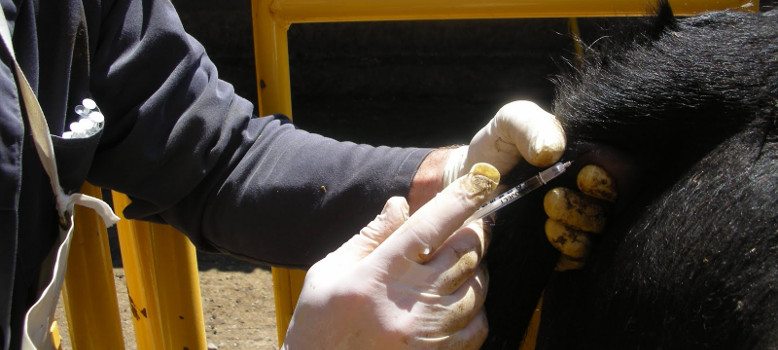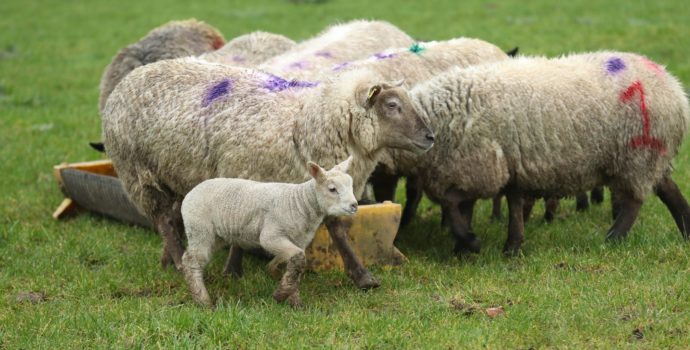Minister Must Address Enormous Cost Burden Imposed in Tb Eradication Programme

IFA Animal Health Chairman Bert Stewart has said the significant reduction in the levels of TB being recorded nationally and the substantial budgetary savings generated must now result in reduced controls in low-risk TB episodes and an increase in financial supports in the TB eradication scheme to reflect the actual costs and losses incurred by farmers. He said farmers have been forced to endure the enormous costs and prohibitive controls associated with TB for too long; it is not acceptable to continue to tighten these controls and to fail to recognise the enormous contribution made to date by farmers in achieving the reductions nationally. The IFA Chairman pointed to the fact that farmers contribute almost €35m annually to the TB scheme before the costs associated with restrictions and losses as a result of animals being removed, often at peak production, are included. The IFA Chairman has called on the Minister for Agriculture Simon Coveney to immediately address the cost imbalance that exists by removing controls that serve little or no purpose in disease eradication and by increasing the levels of compensation available to farmers who experience TB breakdowns. Bert Stewart said IFA has made a detailed submission to the Minister which includes changes to the controls around factory lesions, singleton reactor criteria and the purchase in prohibition if applied would result in a huge reduction in the burden of TB for farmers and cost savings for the Department of Agriculture. He said changes to the calculation of the restriction period and the process for the removal of reactors that have been submitted to the Minister would result in a shortening of the restriction period for farmers and could be applied at no cost to the Department of Agriculture. The IFA chairman is also calling on the Minister to revisit the issue of contiguous herd restriction and the prohibition to purchasing animals in to restricted holdings. He said the contiguous herd measures have not provided the level of reduction in herd incidence that was claimed would occur by the Department of Agriculture at the time it was imposed on farmers and must be reviewed in line with the commitment given by the Minister at that time. In relation to the prohibition to purchasing animals into restricted holdings he said this measure, while serving no purpose in eradication of TB, has the potential to put some farmers out of business and has a very negative impact on the mart trade and it must be removed. Bert Stewart said the IFA submission also includes vital changes to the current compensation schemes which are necessary to ensure losses for farmers in the TB eradication scheme are fully compensated. These include the removal of the ceilings in the live valuation scheme, increased income supplement and depopulation grant payments to bring them into line with the actual income foregone and changes to the qualifying criteria. The IFA Chairman said based on the figures in the National Farm Survey, dairy farmers are currently losing €126/ month on average where milking cows are removed as TB reactors; the losses associated with losing suckler cows and beef animals are €56 and €29/month. He said the majority of farmers losing animals as TB reactors do not qualify for income supplement but for those that do the rate of payment in particular for dairy and suckler cows does not reflect the actual loss of income experienced. The compensation payments must be increased to levels that reflect the actual income loss experienced. Concluding, Bert Stewart called on the Minister to remove unnecessary controls from the TB eradication scheme and to ensure the compensation schemes are properly financed to deliver the level of support to farmers that is in line with the actual costs and losses being experienced.




